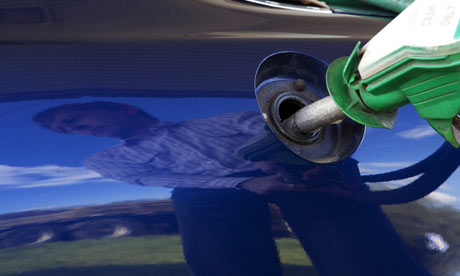Tips For Keeping Petrol Costs Down

In the United Kingdom, prices were as high as 141.90ppl at the start of July. With fuel prices rising higher and higher all the time, drivers, haulage companies and everyone in-between are constantly looking to find ways to save money on petrol. Here are some tips to save fuel and a little money; every penny counts!
The first step is at the petrol station. When you are filling up your tank, make sure to keep the hose inside the hole until the pump shuts off completely. Many times there can be as much as half a cup still inside the hose. It would be a waste to not get every drop of petrol, especially for large haulage companies that spend thousands on fuel a week.

There are many times during the day you may have the need to stop at stop lights for a couple of minutes. When this happens put your car in neutral or park to decrease the amount of petrol flowing.
Clogged air filters also increase fuel consumption by tapering airflow to the engine. These filters should be cleaned or replaced about every 20,000 miles for cars that spend a lot of time on motorways, especially for haulage companies with lorries that travel across the country. Also keep in mind that a slightly dirty filter actually cleans more efficiently than a brand new filter. The dirt trapped by the filter actually helps to screen out the smaller pieces that can get through.
Tyres also have a huge impact on fuel efficiency. Make sure to keep the tyre pressure at the recommended levels as dictated by the manufacturer. This is one of the easiest and most significant ways to save on fuel, especially for haulage companies with lorries that have 18 or so wheels on them! Another important part of this is the alignment; poor alignment can cause tyres to wear out more quickly and forces your engine to work much harder. With the perfect alignment drivers can save up to 10% on fuel.
You should also be conscious of your speed. It’s so easy to hit the accelerator when on the motor way, but fuel consumption increases when you accelerate faster. Also, petrol is used up significantly faster over 90 km/h, and at 110 km/h the vehicle uses up to 25% more fuel than it would 20 below that.
While we’re all making more and more of an effort to lead economical lives, transportation is non-negotiable sometimes. These tips will hopefully be helpful to regular commuters as well as haulage companies to keep fuel consumption and costs down until prices are more reasonable.
